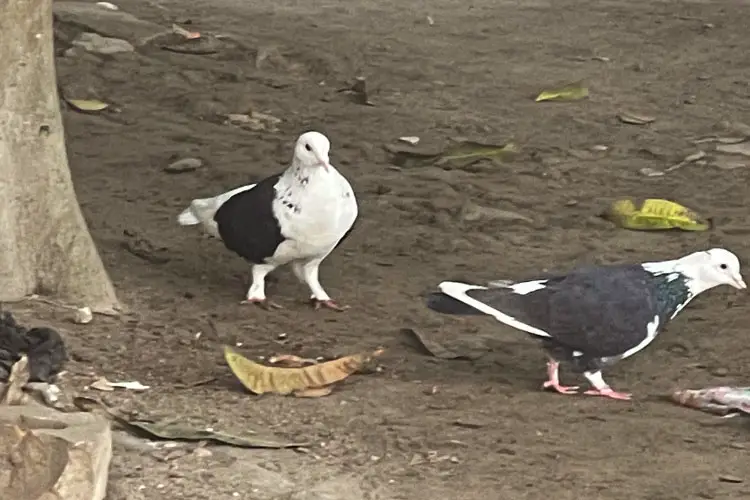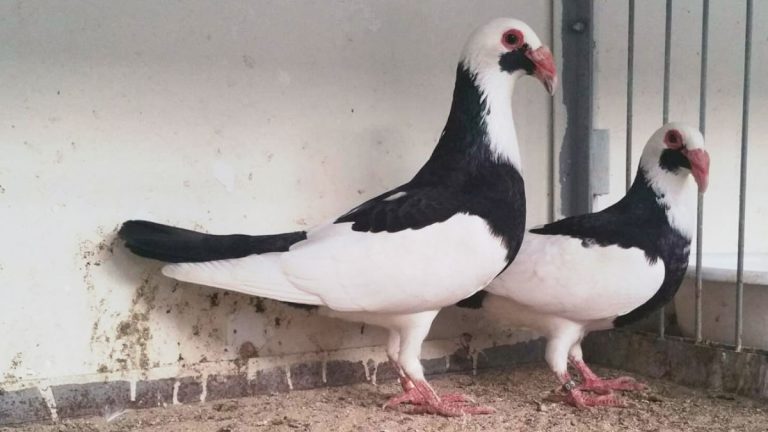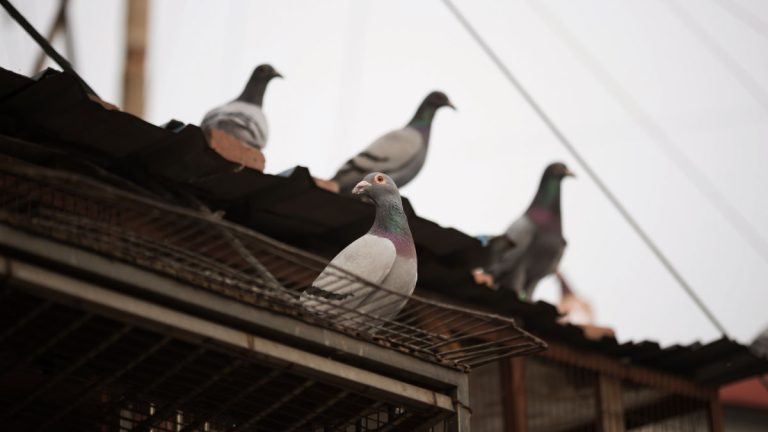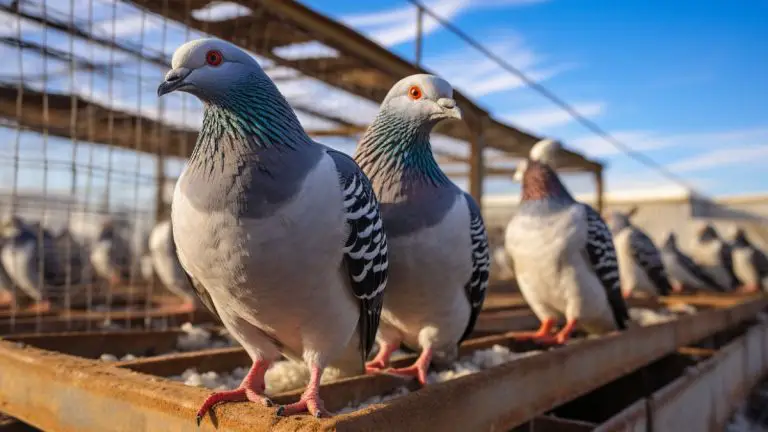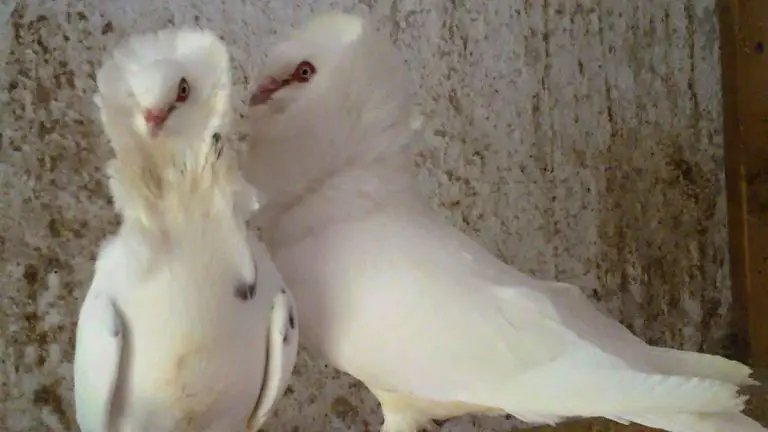Do Pigeons Carry Diseases: Everything You Need To Know
Pigeons are quite a common sight both in rural and urban areas. And although most of the time they’re quite friendly and people appreciate these birds, there’s also the risk of diseases in mind.
But do pigeons carry diseases, actually? Yes, pigeons do carry diseases. Most birds that roam around tend to be able to carry diseases, including pigeons. The most common diseases that they carry are salmonella, avian influenza, psittacosis, histoplasmosis, cryptococcosis, and E. coli.
Even if they’re adorable most times, it’s important to keep a fair distance from them as you might catch some diseases. Today, we’ll cover all about the diseases pigeons can spread, the common symptoms of the diseases, how to get rid of pigeons, and more.
Do Pigeons Carry Diseases?
Yes, as mentioned earlier, pigeons carry diseases. Around 49% of pigeons carry infectious diseases, to be exact. This is the case for most birds that are outside in the wild. You’ll likely get diseases if you let too many of the birds too close to you frequently.
Pigeons and birds can carry diseases from their feathers, so make sure you wash your hands properly with soap if you touch a pigeon outside. Aside from their physical body, pigeon feces are the most common way diseases are spread.
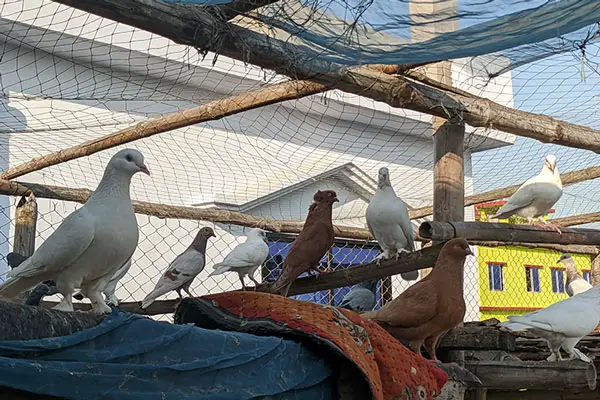
So make sure to properly clean any areas with pigeon droppings, and wear the right equipment to make sure the disease doesn’t pass on to you. If you don’t want to bother cleaning them yourself, though, you can get a pigeon dropping cleaning service near your area.
You should also consider limiting the number of pigeons near your house to stay even safer, too. We’ll cover this later in the article, as it’s a detailed topic.
What Diseases Do Pigeons Carry?
Pigeons can actually carry quite a few diseases. But a lot of the time, they aren’t too major and can go away on their own with minimal care. However, 6 possibly fatal diseases could be carried by pigeons. The names and symptoms are given below —
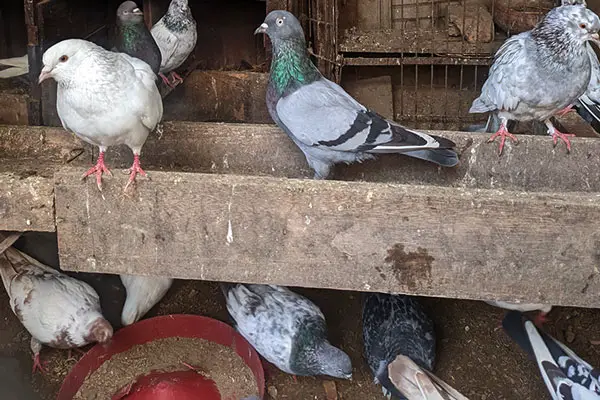
1. Psittacosis
One of the most frequently seen diseases spread by pigeons is called Psittacosis, also known as Ornithosis. This disease is seen in a lot of birds, including pigeons.
They carry pathogens and parasites, and they’ll use their own bacteria and carry it to your body to spread the disease. Psittacosis is caused by a bacterium called C. Psittaci, which spreads rapidly and is incredibly contagious.
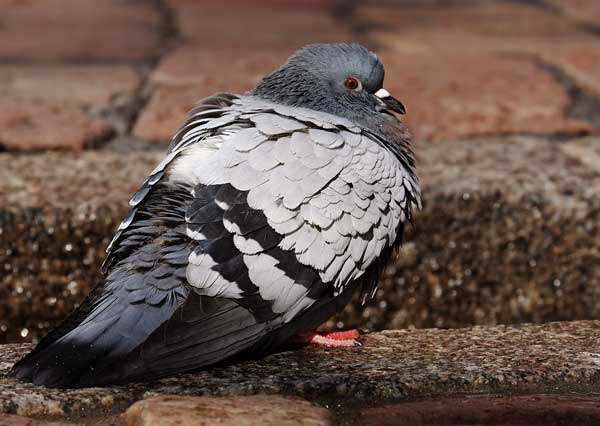
The possible symptoms of it are as follows —
- Fever or high temperature
- Breathing issues
- Dry cough
- Fatigue, chills, or a tight chest
- Blurry vision
- Muscular aches
- Coughing blood
If left untreated, it can cause inflammation in your brain tissue and eventually lead to irreversible brain damage, possibly causing death. It can cause respiratory issues, too.
2. Histoplasmosis
Another common disease spread by pigeons is called Histoplasmosis, caused by a type of fungus known as Histoplasma. It’s also quite infectious, but it isn’t as deadly as Psittacosis.
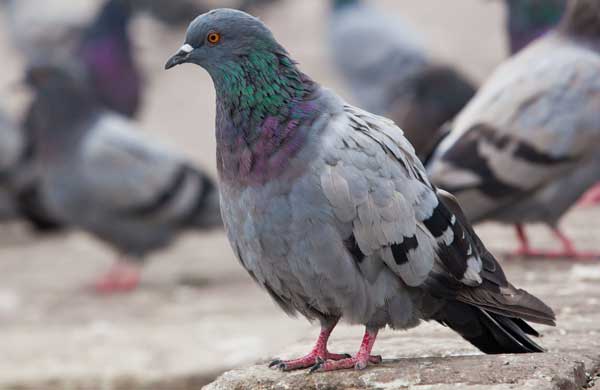
Some symptoms include —
- Fatigue
- Fever
- Chills
- Dry coughs
- Muscle Pain Or Aches
- Headaches
This isn’t as deadly as psittacosis, but if left untreated, it can cause respiratory diseases and other health issues with a weakened immune system.
3. Cryptococcosis
A type of fungus named “Cryptococcus Neoformans” causes Cryptococcosis, which is a common disease spread by pigeons. It comes in many different forms, each attacking different body parts.
Some symptoms of cryptococcosis during the early stages are —
- Fever
- Fatigue
- Chills
- Headaches
- Dry Cough
- Tight Chest
This disease’s most common form attacks your lungs, leading to respiratory issues and infections if left untreated. It can also spread to your kidney, skin, and in the worst-case scenario, to your brain.
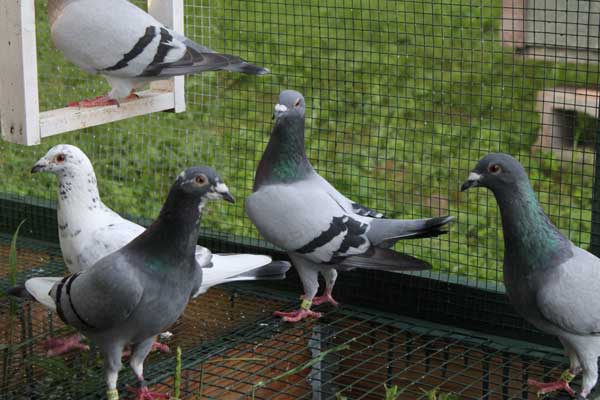
Cryptococcosis is incredibly deadly as the symptoms will worsen as it spreads, and the chances of death can increase significantly. When it gets to a severe state, you might experience the following symptoms —
- Sight issues
- Double vision
- Extreme Numbness
- Pimples or papules all across your body
- Abdominal swelling and pain
- Internal bleeding
- Rashes on your skin
- Swollen glands
- Cold sweats
- Weight loss
- Ulcerous sores
- Nausea
- Hydrocephalus
As you can see, it’s incredibly deadly. So even if you see mild symptoms from the early stages, you should go to a doctor immediately.
4. E. Coli.
E. Coli. or Escherichia Coli, is a disease that has similar properties to food poisoning. It can spread rapidly from pigeons but isn’t nearly as life-threatening as Cryptococcosis.
You usually won’t need to treat this disease as your immune system will fight against it and get rid of it within a week. But until then, you might experience these symptoms —
- Fatigue
- Diarrhea
- Abdominal cramps and pain
- Shakiness
- Nausea
Most of the time, it will go away. But if you have a very weak immune system or some other health complication, this might cause kidney failure and possibly death. The chances are very low, though.
5. Salmonellosis
Salmonellosis is similar to E.Coli, and it comes from a common bacteria known as salmonella. This will usually just cause food poisoning, and it’ll go away on its own within a week, just like E.Coli. It’s also slightly less fatal than E.Coli.
The symptoms are the exact same too, but you’re more likely going to get diarrhea if you have Salmonellosis.
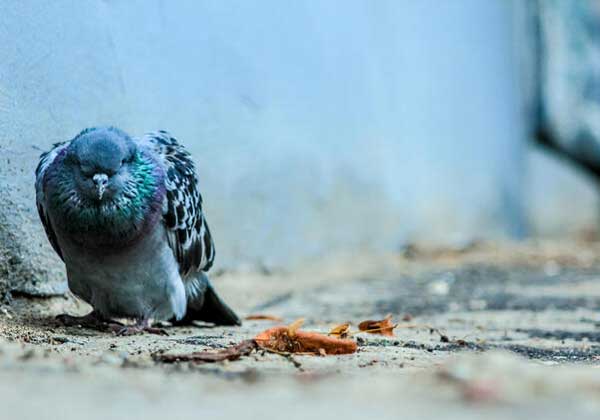
6. Avian Influenza
Influenza is quite a common disease, and it’s also known as bird flu. It’s one of the most contagious diseases and is often transmitted through pigeons.
The symptoms can vary a lot depending on the severity of the infection, but here are the possible symptoms —
- Conjunctivitis
- Stomach pain
- Nausea
- Fever
- Sore throat
- Cough
- Muscle aches
- Fatigue
- Shortness of breath
- Diarrhea
- Vomiting
- Chest pain
- Headaches
Avian influenza might even cause respiratory failure, pneumonia, and possibly death. Keep in mind that avian influenza and regular season influenza aren’t the same, and get it treated in time.
How Can I Get Rid Of Pigeons Near My House?
As you can see from the diseases above, pigeons can become quite deadly. This is why you should ensure there aren’t too many near your house.
The easiest way to do this is through bird netting or bird spikes. These are devices generally placed on balconies or ledges, where pigeons usually like to sit.
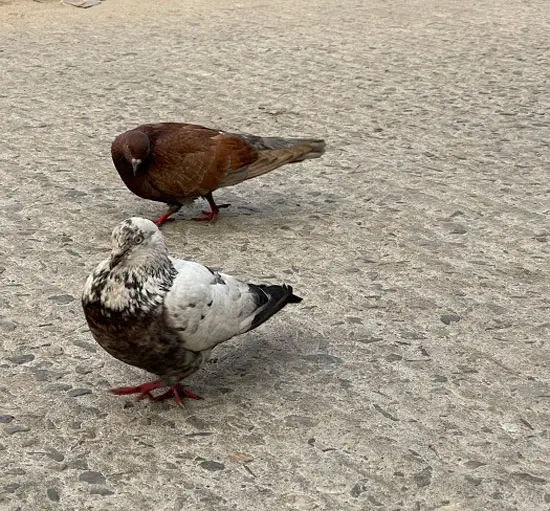
Placing them in common spots can make it uncomfortable and difficult for any pigeon to land there, which will discourage it from staying near your house.
Aside from that, you could use a special pigeon repellent. These repellents usually come in a spray. Or, you can use electronic devices emitting high-pitched sounds that humans can’t hear but birds can.
All of these methods are humane and don’t physically harm the pigeon, which is why it’s great to use them. You should ensure not to trap or kill any pigeons near your house, as it is illegal in many places to do so.
By the way, you can watch the following YouTube video below if you need help placing bird spikes—
FAQs
If you have other questions, you can take a look at the following —
Yes, you can get diseases from direct contact with a pigeon. This is because their feathers often contain bacteria and diseases. So if you find any pigeon on the street, try not to touch it. And even if you touch it, wash your hands afterward.
Yes, it’s completely safe to have a pet pigeon. The diseases are spread through wild pigeons, but if you have a pet pigeon and you take it to the vet for the vaccine, it’s completely safe.
It’s incredibly unlikely to get bit by a pigeon, as they’re friendly creatures. But even if you get bit, you won’t get a disease. You should still wash your hands or the part which got bit, just to be safe.
Conclusion
Pigeons carry many diseases, including avian influenza, salmonella, E. coli, psittacosis, histoplasmosis, and cryptococcosis. These usually aren’t too serious on their own but can become fatal if left untreated for long enough.
In the worst-case scenario, it might even cause death. So even if you see mild symptoms, get them treated quickly. You should consider putting bird spikes to decrease the number of pigeons near your house, which can also spread diseases.
